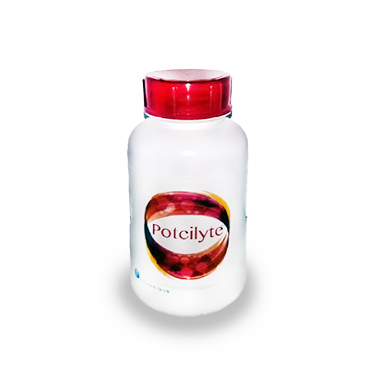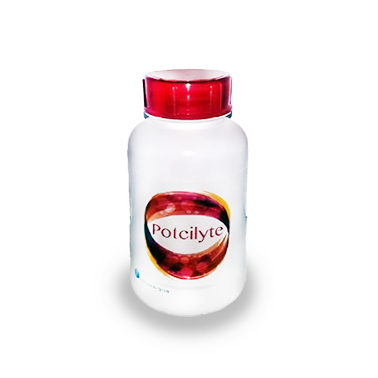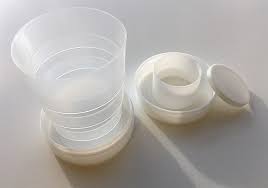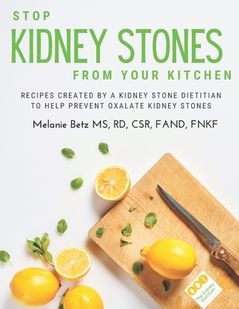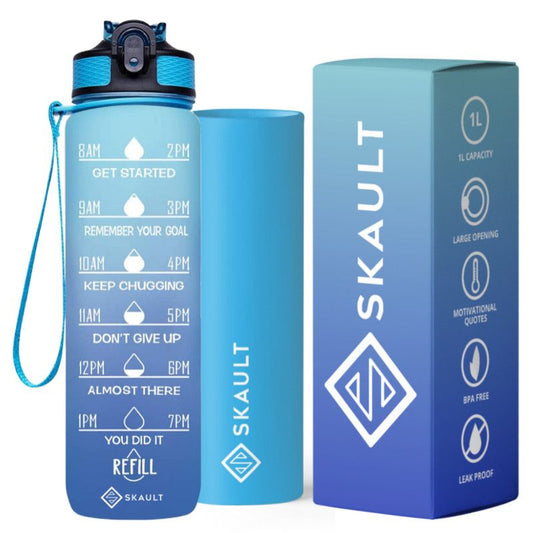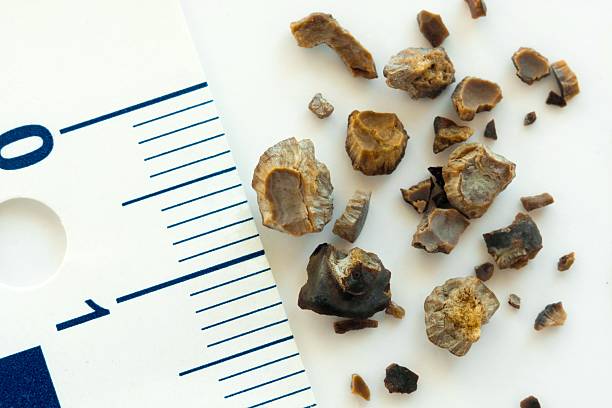
Reducing the Risk of Kidney Stone Formation Through Water Intake, Diet, and Lifestyle Changes
Share
Kidney stones are a common health issue, causing significant discomfort and sometimes requiring medical intervention. The good news is that with thoughtful dietary and lifestyle choices, you can lower your risk of developing these painful stones. Let’s explore how increased water intake, reduced consumption of animal protein, and specific dietary adjustments can make a significant difference.
Hydration: The Cornerstone of Prevention
One of the most effective ways to prevent kidney stones is by staying well-hydrated. Water helps dilute the substances in urine that lead to stone formation, such as calcium, oxalate, and uric acid.
Tips for Staying Hydrated:
-
Set a Daily Goal: Aim to drink at least 2.5 to 3 litres of water daily, unless otherwise advised by your healthcare provider.
-
Monitor Urine Colour: Pale yellow urine is a good indicator of adequate hydration. Dark urine suggests you may need to drink more.
-
Infuse for Flavour: If plain water doesn’t appeal, try adding slices of lemon, lime, or cucumber for a refreshing twist.
-
Consistency: Spread your water intake evenly throughout the day to ensure steady hydration.
Managing Animal Protein Intake
A diet high in animal protein can increase the risk of kidney stones, especially uric acid stones. Meat, fish, and poultry can increase the acidity of urine, encouraging stone formation. Additionally, excessive protein intake can lead to higher calcium and lower citrate levels in urine, further promoting stones.
Strategies to Reduce Animal Protein:
-
Moderate Portions: Limit your intake to 1-2 servings of lean protein daily (e.g., chicken breast or fish fillet).
-
Plant-Based Alternatives: Incorporate beans, lentils, tofu, and other plant-based proteins into your meals.
-
Balanced Diet: Pair animal protein with a variety of fruits, vegetables, and whole grains to neutralise urine acidity.
Dietary Adjustments to Prevent Stones
Your overall diet plays a significant role in kidney stone prevention. Here are some key areas to focus on:
1. Increase Citrate-Rich Foods:
Citrate can prevent stone formation by binding with calcium in the urine. Foods like citrus fruits (lemons, oranges, and grapefruits) are excellent sources of citrate.
2. Limit High-Oxalate Foods:
Oxalates can bind with calcium to form stones. While you don’t need to avoid oxalate-containing foods entirely, moderation is key. Foods high in oxalates include spinach, rhubarb, beets, nuts, and chocolate.
3. Balance Calcium Intake:
Contrary to common belief, restricting dietary calcium can increase stone risk by raising oxalate levels in the urine. Aim for a moderate calcium intake (about 1,000 to 1,200 mg daily), sourced from dairy products or calcium-fortified alternatives.
4. Reduce Sodium:
High sodium intake can cause more calcium to be excreted in the urine, increasing stone risk. Limit processed and salty foods, and opt for fresh, whole ingredients.
5. Stay Mindful of Sugar:
Excess sugar, particularly from sugary drinks and desserts, may contribute to stone formation. Choose natural sweeteners like honey or enjoy fruits for sweetness.
Lifestyle Factors Beyond Diet
While diet and hydration are crucial, other lifestyle habits also play a role in kidney stone prevention:
-
Maintain a Healthy Weight: Obesity is a risk factor for kidney stones. Regular exercise and a balanced diet can help manage weight effectively.
-
Limit Alcohol and Caffeine: While moderate coffee or tea consumption is acceptable, excessive intake can lead to dehydration, increasing stone risk.
-
Avoid Over-the-Counter Calcium Supplements: If you need extra calcium, discuss the best sources with your doctor to avoid unnecessary risks.
Consulting with Your Doctor
If you’ve had kidney stones before, it’s essential to understand their type and tailor your prevention strategy accordingly. A healthcare professional can provide personalised advice based on your medical history, dietary habits, and any underlying conditions.
Conclusion
Reducing your risk of kidney stones doesn’t require a complete lifestyle overhaul. By prioritising hydration, moderating animal protein, and making thoughtful dietary choices, you can significantly lower your chances of stone formation. Start with small, sustainable changes, and enjoy the benefits of better kidney health. Remember, prevention is always better than cure!
